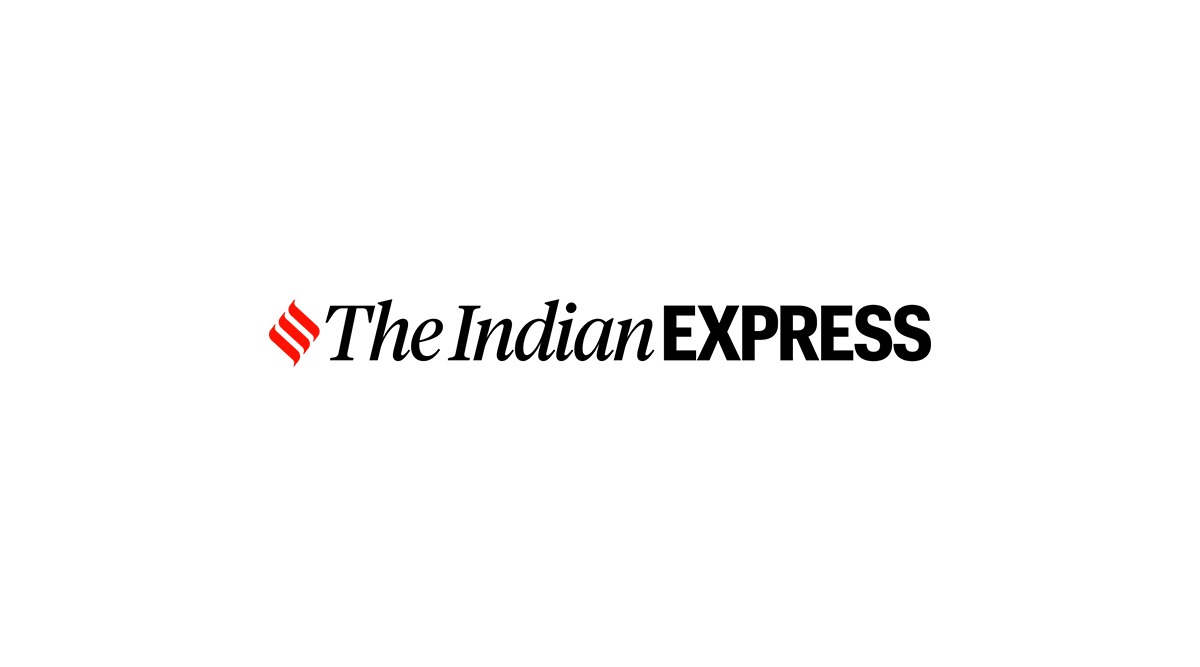Wide Angle
One casualty of the hijack co-uld well be the Clinton visit. The measured enthusiasm with which the government had sponsored a national de...

One casualty of the hijack co-uld well be the Clinton visit. The measured enthusiasm with which the government had sponsored a national debate on whether or not India could sign the CTBT possibly even prior to the visit, appears to have been shelved. Parliament was to discuss it but the last two days of the session were taken up by the Wo-men8217;s Bill drama. The Lok Sabha is now unlikely to consider it before Ap-ril which is well past the dates when the visit was expected to materialise.
This must not give the impression that the CTBT was the determining factor on whether or not the visit wo-uld take place. It was not. Numerous other tracks were active. But the overall context was conditioned by the evolving consensus that the post-Ka-rgil diplomacy had created conditions for a dramatic new phase in Indo-US ties. Even though Clinton would soon be a lameduck President, it was being argued, the times were too propitious to let an opportunity pass for a first such visit in twenty-two years, that it would bedifficult to contemplate a US presidential visit until 2003.
All of this enthusiasm has evaporated in the aftermath of the hijack. quot;The Americans were generally helpfulquot;, a cabinet minister remarked, quot;but it was not the sort of help one would expect from a nation with which we were contemplating special tiesquot;.
In any case, quite independent of the hijack, there was no evidence of any preparation for a presidential visit no adva-nce teams and so on. And yet, Treasury Secretary La-wrence Summers, Congressional delegations including one led by Congressman Sam Gejdensen, Ranking member of the House Internatio-nal Affairs Committee, Commander-in-Chief of the Pacific, are all coming in the next week or two. It is rumoured that Secretary of State Madeleine Albright may visit in February. That visit would certainly be some sort of a signal.
Speculative analysis may be unnecessary because the Jaswant Singh-Strobe Talbott talks in London next week should shed a great deal of light on the state of play.
In whatway could the Americans have helped? Well, it is whispered, they could have leaned on the Emirates and detained the aircraft in Dubai. Obviously, making such a complaint publicly would make the government look extremely silly, because it failed to stop the aircraft at Amritsar. Should the tyres be punctured; should the refueling process be retarded to buy time until so-me inspired, new line of action da-wns on the crisis management gr-oup. This sort of stuff may not ha-ve characterised all deliberations, but did some.
Once the aircraft was in Kandahar, the Americans could have applied pressure on Islamabad. They inform us that the US ambassador to Islamabad did take up the issue with authorities in Pakistan. quot;Is this the way Washington would have acted had a Delta flight carrying Americans been hijacked to Kandahar?quot;, an official asks.
When the US bombed Osama bin Laden8217;s hideouts in Afghanistan, American journalists reported Har-kat-ul-Ansar training camps in the vicinity. The proximity of the hijackersto the Harkat is established as is the fact that the Harkat is directly involved in transborder terrorism in Kashmir. Why this silence on the issue by the state department?
Apparently, Michael Sheehan, Chief Coordinator for Counter-Terrorism in the State Department, was more helpful than others, being mu-ch more focussed on the issue of terrorism. But his line reportedly is that Taliban support has to be enlisted to eventually get Osama bin Laden. The difficulty in quot;gettingquot; bin Laden is that American opposition to him has placed on his head such a halo that almost every male child born in the region is being named quot;Osamaquot;.
Four consequences of the hijack are clear: : the release of three terrorists, global focus again on Kashmir, respectability for Taliban and Western diplomats once again talking of the dangers of a nuclearised South Asia.
During the crisis did we contact Saudi Arabia, the most powerful country which, along with Pakistan and the U.A.E, recognises Taliban? Contrary to the statementsmade by the foreign office, the inquiries made with Saudis reveal that no such contact was made either in New Delhi or in Riyadh. Unless we contacted the Saudis at the UN, there is an inference folks are drawing that in this instance we probably placed a disproportionate number of eggs in the American basket.
Can we learn something from the hijack crisis? Harvard scholar Grahame Allison wrote a classic on the decision-making process during the Cuban missile crisis. Ask one of our national security scholars to study decision-making from Pokharan to the hijack.